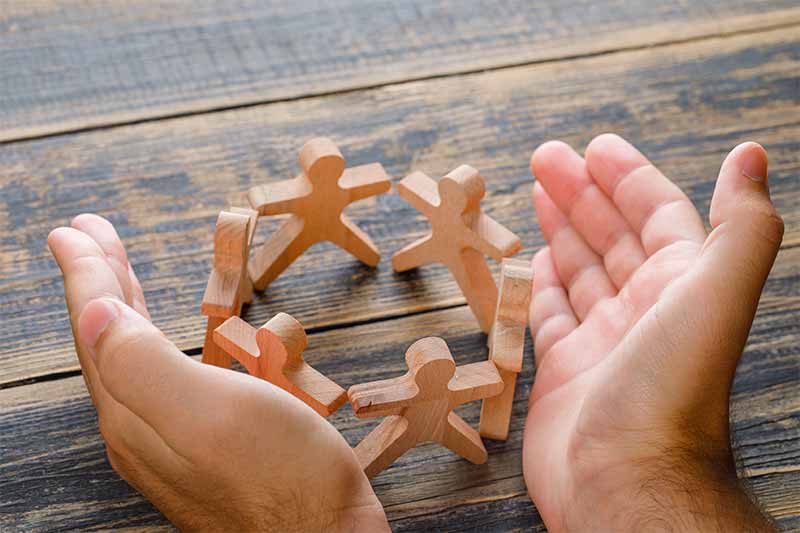
Gaining Social Skills
This training is based on teachers in which verbal and nonverbal communication skills, coping and assertiveness skills are included, will contribute to improving interpersonal relationships among individuals. Various tools have been developed to measure social skills. Social sciences inventory, social behavior and social skills scales are used in these scales, but they are more suitable for academic purposes than classroom teachers. There is also a self-report technique where people answer questions about themselves. Since scale use is more appropriate for children older than 11 years old, there is no scale, or use of special expertise, so primary school can be used especially for first graders. Since this period is critical for children to acquire social skills, it is necessary to use other techniques for children in the elementary school age. The school is an important medium for understanding the limitations of the social skills of the learners with the education and training they provide in group format. The fact that the students who come to the university still have difficulty to speak in front of their friends even between the ages of 18-22 shows that the necessary preventive and corrective actions have not been made. The school as a whole is required to conduct educational, social, classroom and extracurricular activities that encourage the development of students in their social skills areas in terms of their abilities and other personal characteristics. The most important task in this regards to teachers. Learning Outcomes All the participants will be able to help their students as a teacher to: * Be able to express themselves, * Understand and express emotions, * Acquire fluent speech and effective listening skills, * Initiate interaction and respond to initiators of the interaction, * Receive and give positive and negative feedback, * Improve acceptability, * Be empathic, * Cope with rejection, * Cope with anger, * Be able to cope with peer pressure, * Solve personal and social problem * Be able to cope with bullying * Communicate * Be good at self-presentation * Develop empathic understanding * Receive and give information * Manage social well-being * Demonstrate internal and external performance * Gain Tolerance of difference * Collaborate with others * Be able to predict the needs and expectations of others * Establish friendship and sustain it And the teachers will also * Support learners in the acquisition of learning outcomes (knowledge, skills and competences) with a view to improving their personal development. * Have a guide to improve themselves to create a game based lesson. * Increase their students’ motivation and make more effective classes * Transform their deficiencies into positive with European added values Objectives of the Course * Learning basic information about communication, * Using body language in communication, * Being able to show empathic reactions by putting ourselves in the place of our opponent, * Assuring the importance of being a good listener, * Recognizing the communication obstacles in interpersonal relations, * Use effective methods to deal with anger, * Making possible to be aware of the causes of interpersonal conflict and to use conflict resolution skills effectively * Developing effective listening skills * Understanding the feelings and thoughts of others. * Ensuring that students know what communication barriers are in everyday life * Understanding the relationship between triggers and anger sentiment. * Recognizing the triggers that cause my anger. * Learning to be able to give more meaningful and useful responses to triggers. * Ensuring that the students are aware of the conflicts they experience in their daily life, their reasons, their learning and their effective conflict resolution steps. Methodology * Practical and skills-based -interactive learning, * Giving immediate feedbacks, * Performing hands-on activities * Inspiring discussions on best practices.
